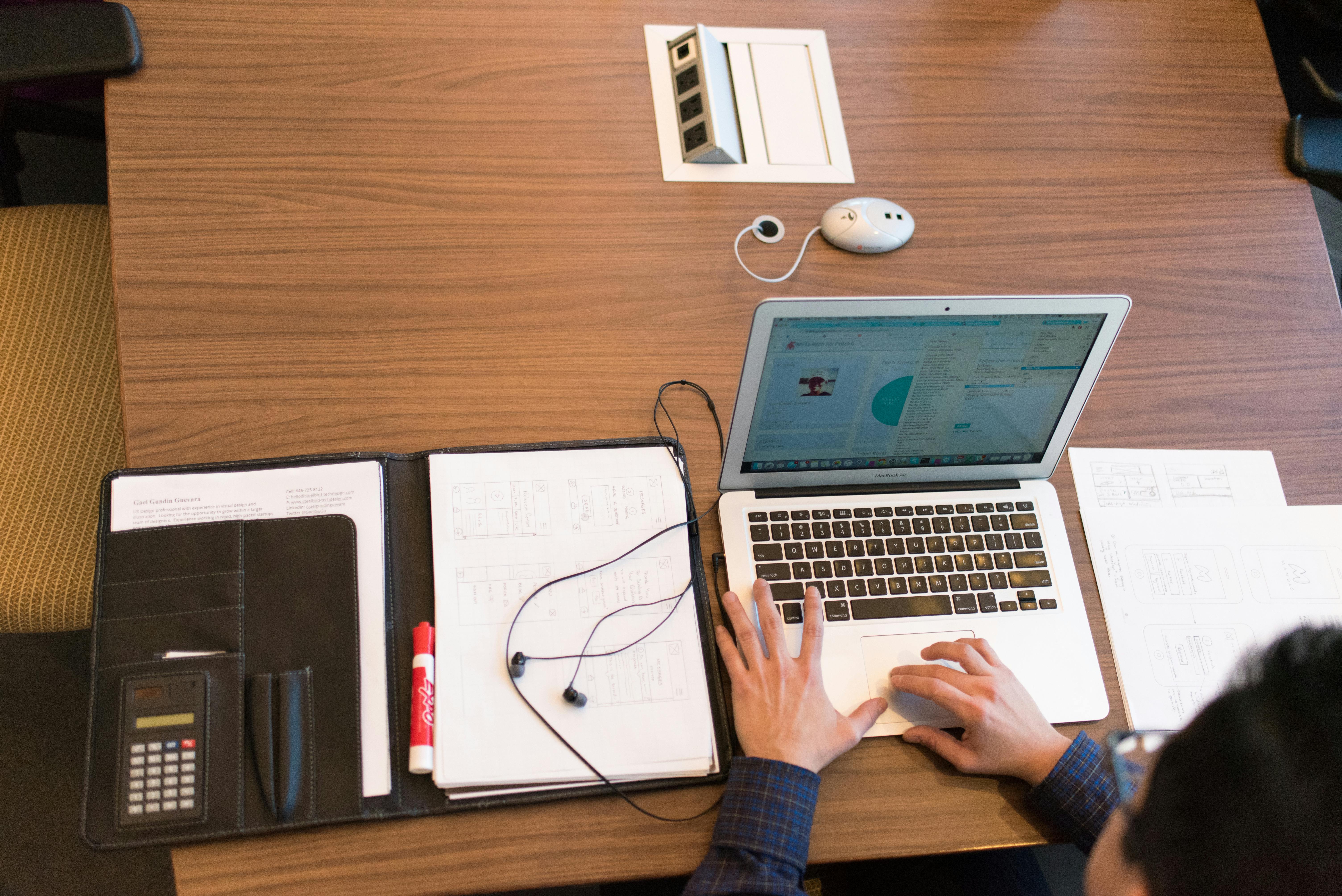Lesson: Discussing Educational Experiences

Activity I: Vocabulary
- Curriculum – The subjects comprising a course of study in a school or college.
- Major (in) – To specialize in a particular subject at college or university.
- Prerequisite – Something that is required as a prior condition for something else to happen or exist.
- Vocational training – Education that prepares people for a specific trade or craft.
- Lifelong learning – The ongoing, voluntary, and self-motivated pursuit of knowledge for personal or professional reasons.
- Extracurricular – (Of an activity at a school or college) pursued in addition to the normal course of study.
- Thesis/Dissertation – A long essay or piece of research on a particular subject, especially one written for a university degree.
- Alumni – Former students of a particular school, college, or university.
Activity II: Reading
Education is a fundamental aspect of personal and societal development, shaping our perspectives, skills, and career paths. Discussing educational experiences allows us to share significant parts of our lives, understand diverse learning journeys, and appreciate the value of knowledge. For intermediate English learners, this topic offers a rich context for using more specific vocabulary related to academic life and expressing opinions about different educational systems and approaches. It’s a conversation that can span from early schooling to higher education and ongoing professional development, reflecting the global emphasis on lifelong learning.
Educational paths vary widely across cultures and individuals. Some may recall traditional schooling with a set curriculum, while others might have experienced more alternative or vocational training focused on practical skills. Higher education often involves choosing a major, fulfilling prerequisites for courses, and perhaps engaging in extracurricular activities that enhance the learning experience. For many, the culmination of university studies is a significant research project, such as a thesis or dissertation. These experiences, whether challenging or rewarding, contribute significantly to our intellectual growth and critical thinking abilities.
When sharing your educational background in English, you can discuss subjects you enjoyed or found difficult, influential teachers, or memorable projects. Phrases like, "I majored in [subject] at university," or "One of the most valuable courses I took was..." are useful. You might also reflect on the impact of your education: "My studies prepared me well for my career by..." or "I believe lifelong learning is crucial in today's world." Asking others about their experiences, such as, "What was your favorite subject in school?" or "Did you participate in any extracurricular activities?" can lead to engaging discussions and mutual understanding.
Beyond formal qualifications, education encompasses the continuous pursuit of knowledge and skills. Many adults engage in online courses, workshops, or self-study to keep up with industry trends or explore personal interests. Sharing these ongoing learning efforts highlights a commitment to personal growth. Discussing educational experiences isn't just about listing qualifications; it's about the stories, challenges, and insights gained along the way, fostering a deeper connection with others as we explore these universal human endeavors.
Activity III: Role Play (Catching Up with an Old Classmate)
Instructions: Practice this dialogue with your teacher. One person is Alex, and the other is Ben.
Activity IV: Let's Practice
Discuss Your Educational Journey with Your Teacher.
Share details about your educational experiences with your teacher. Talk about schools you attended, subjects you majored in or enjoyed, any vocational training, or extracurricular activities. Discuss what you found challenging or rewarding. Also, talk about any lifelong learning or further studies you are pursuing or interested in. Ask your teacher about their educational background and compare experiences. Use the vocabulary from this lesson to enrich your conversation.